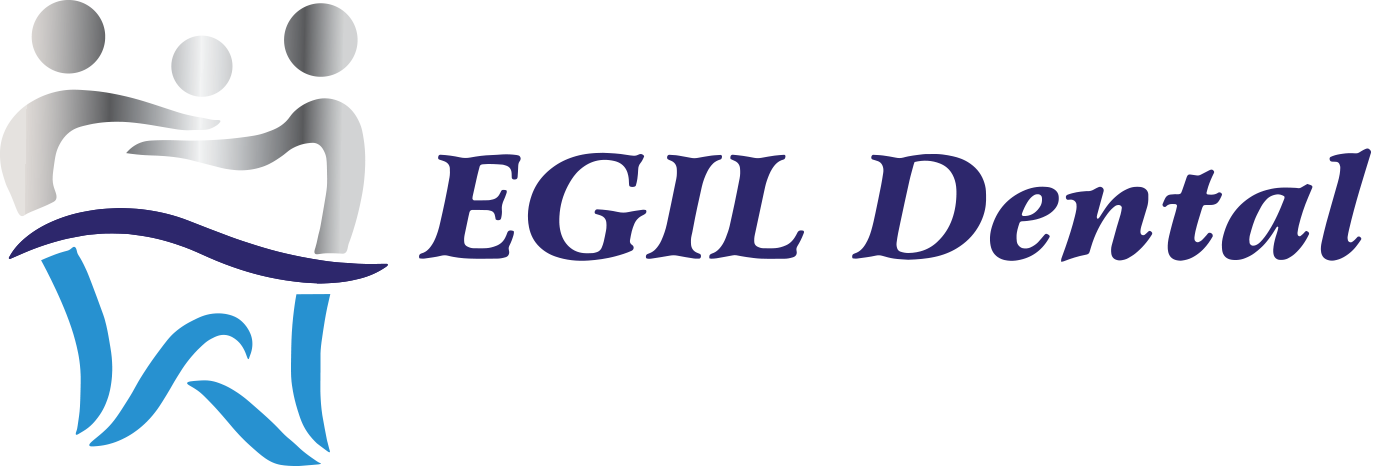Undergoing a root canal procedure can be a daunting experience for many individuals. However, it is important to remember that proper post-root canal care plays a significant role in ensuring a speedy and successful recovery. By following essential care tips, you can promote healing, reduce discomfort, and restore your oral health efficiently.
1. Take it Easy
After a root canal, your tooth and surrounding tissues need time to heal. Therefore, it is crucial to take it easy for a while. Avoid any physically demanding activities, especially within the first 24 to 48 hours after the procedure. Resting adequately allows your body to focus on the healing process without unnecessary strain.
2. Manage Pain and Discomfort
It is common to experience some pain and discomfort following a root canal. However, you can take steps to manage these symptoms effectively. Over-the-counter pain relievers such as ibuprofen or acetaminophen can help alleviate mild pain. If the pain persists or worsens, consult your dentist promptly.
3. Follow Proper Oral Hygiene
Ensuring proper oral hygiene is crucial to prevent potential complications and promote a speedy recovery. However, it is important to avoid disturbing the treated tooth during the initial healing phase. For the first few days, gentle brushing and flossing around the area are recommended. Be sure to consult with your dentist about the appropriate oral hygiene routine for your specific case.
4. Minimize Swelling
Swelling is a common side effect after a root canal procedure. To reduce swelling, you can apply an ice pack or cold compress to your cheek over the treated area. Be sure to wrap the ice pack in a thin cloth to prevent direct skin contact. Applying the ice pack for 15-minute intervals with 15-minute breaks in between can help alleviate swelling effectively.
5. Be Mindful of Your Diet
Diet plays a crucial role in promoting healing after a root canal. Focus on consuming soft foods that are easy to chew and won’t exert excessive pressure on the treated tooth. Opt for nutritious options such as soups, yogurt, mashed vegetables, and smoothies. Avoid hot or cold foods and drinks, as they may cause sensitivity in the treated area.
6. Stay Hydrated
Drinking an adequate amount of water is vital for the healing process after a root canal. It helps to maintain a moist oral environment and prevents the buildup of harmful bacteria. Additionally, being properly hydrated promotes overall well-being and aids in a speedy recovery.
7. Avoid Smoking and Alcohol Consumption
While it is always recommended to avoid smoking and excessive alcohol consumption, it becomes even more critical during the recovery period after a root canal. Smoking delays the healing process and increases the risk of infection. Alcohol can interfere with medications and may cause complications. It is best to refrain from smoking and limit alcohol consumption for a smooth recovery.
8. Attend All Follow-Up Appointments
After your root canal, your dentist may schedule multiple follow-up appointments to monitor your recovery. It is crucial not to skip these appointments. Regular check-ups allow your dentist to ensure proper healing and address any potential issues promptly. Follow your dentist’s guidance regarding the frequency of follow-up visits.
9. Communicate with Your Dentist
During your recovery, open communication with your dentist is vital. If you experience any unusual symptoms or have concerns, do not hesitate to contact your dental professional. They will be able to provide guidance, reassurance, and any necessary treatment adjustments to facilitate your speedy recovery.
Conclusion
Recovering from a root canal procedure requires active participation and adherence to proper care techniques. By following these tips, you can ensure a smooth and speedy recovery. Remember to take it easy, manage pain and discomfort, maintain proper oral hygiene, minimize swelling, be mindful of your diet, stay hydrated, avoid smoking and alcohol, attend scheduled appointments, and communicate openly with your dentist. Following these essential guidelines will help you restore your oral health and get back to your normal routine sooner.

